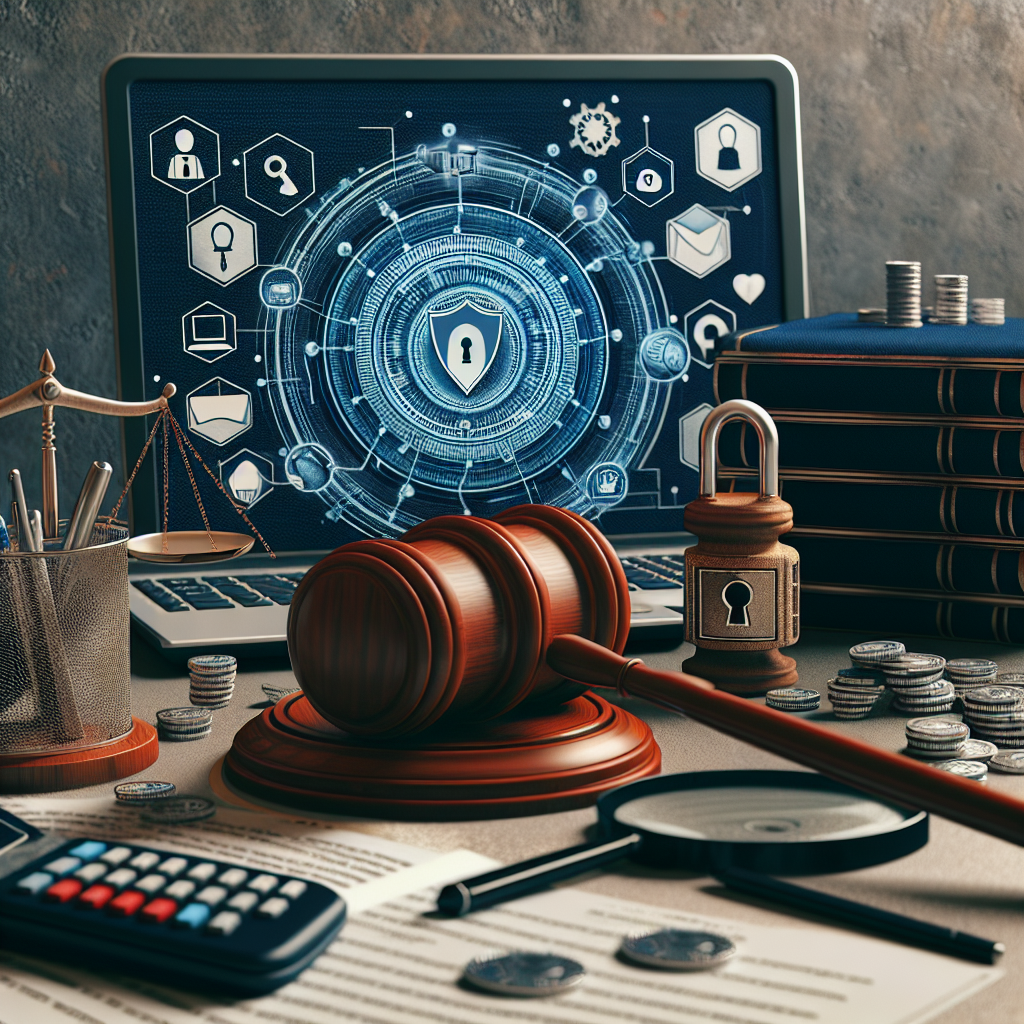Understanding Cybersecurity Laws: A Dive into India's Information Technology Act
- Expert Jurist
- Aug 24, 2024
- 3 min read
In an increasingly digitalized world, where information flows freely through the vast realms of the internet, the importance of cybersecurity laws cannot be overstated. Governments across the globe are enacting legislation to safeguard individuals and organizations from the growing threats of cybercrime. India, too, has taken significant strides in this domain with its Information Technology Act. Let's delve into the key aspects and implications of cybersecurity laws, focusing on the provisions laid out in India's IT Act.

The Foundation: Information Technology Act
Passed in the year 2000, the Information Technology Act of India serves as the primary legal framework governing cybersecurity in the country. This comprehensive legislation addresses various cyber issues, including data protection, electronic transactions, and cybercrimes. Through a series of amendments, the IT Act has evolved to keep pace with the rapidly changing technological landscape, ensuring that it remains robust and relevant.
Key Components of India's IT Act
1. Data Protection and Privacy
One of the fundamental aspects of cybersecurity is data protection and privacy. The IT Act of India includes provisions to safeguard personal data and ensure its secure handling by organizations. Individuals have the right to know how their information is being used and to seek recourse in case of data breaches or misuse.
2. Cybercrimes and Punitive Measures
The IT Act outlines various cybercrimes such as hacking, identity theft, and phishing, along with the corresponding penalties for perpetrators. By clearly defining these offenses and the associated punishments, the legislation acts as a deterrent to malicious actors operating in the digital realm.
3. Electronic Signatures and Transactions
Facilitating the growth of e-commerce and digital transactions, the IT Act recognizes the validity of electronic signatures and documents. This provision streamlines online transactions, making them legally binding and secure, thereby boosting consumer confidence in digital platforms.
4. Establishment of Cyber Regulatory Authorities
To enforce the provisions of the IT Act effectively, regulatory authorities such as the Indian Computer Emergency Response Team (CERT-In) have been established. These bodies work towards enhancing cybersecurity practices, responding to incidents, and promoting awareness about cyber threats among the populace.

Implications for Businesses and Individuals
The stringent cybersecurity laws outlined in India's IT Act have significant implications for both businesses and individuals operating in the digital space. For businesses, compliance with data protection regulations is not just a legal requirement but also a crucial component of maintaining trust and reputation among customers. Non-compliance can lead to hefty fines and damage to the brand's image.
Individuals, on the other hand, benefit from the cybersecurity laws that protect their personal information and ensure safe online transactions. By being aware of their rights and responsibilities under the IT Act, internet users can navigate the digital landscape with confidence, knowing that their data is safeguarded by the law.
Stay Informed, Stay Secure
As cyber threats continue to evolve and become more sophisticated, staying informed about cybersecurity laws is imperative for everyone. By understanding the provisions of India's Information Technology Act and following best practices for online security, individuals and businesses can mitigate risks and protect themselves from potential cyber attacks.
In conclusion, cybersecurity laws, as exemplified by India's IT Act, play a pivotal role in safeguarding the digital ecosystem. By upholding principles of data protection, privacy, and punitive measures against cybercrimes, these laws create a secure online environment conducive to growth and innovation. Let's embrace the ethos of cybersecurity and work towards a safer, more resilient digital future.
Remember, in the digital realm, knowledge is power, and vigilance is key to staying one step ahead of cyber threats.




Comments